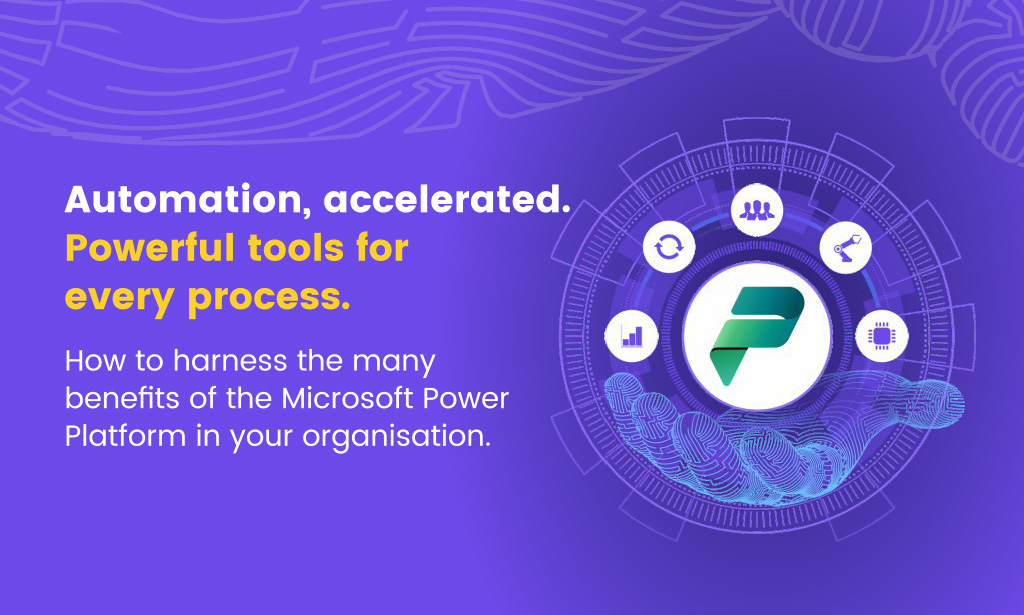The impact of inflation is being felt by UK businesses of all sizes. The growing cost of living is tightening consumers’ purse strings, while business owners are grappling with rising energy prices, increased borrowing costs, supply chain uncertainty, and myriad other factors. These challenges are putting a squeeze on these organisations’ profitability, competitiveness, and ability to plan ahead.
According to the Office of National Statistics in the UK, more than a quarter (26%) of trading businesses expect a rise in the price of goods and services in 2023. Energy prices are the key contributor, with 35% of businesses citing this as the top reason for price hikes. This was followed by the price of raw materials (27%) and labour costs (23%).
These ripple effects can make businesses vulnerable to failure. In December 2022, 2,078 corporate insolvencies were recorded across England, Scotland, and Wales. This represents a concerning year on year increase of 31% compared to December 2021.
While businesses face significant challenges in the face of inflation, there are steps they can take to not only ride out the storm, but also remain competitive and continue delivering value to their customers.
One such response is to embrace intelligent automation: an innovation strategy that offers new avenues for streamlining operations, building more efficient processes, reducing waste and driving down costs. Importantly, a well-planned intelligent automation strategy can also help to optimise human talent across all departments of the organisation.
Quick recap: What is intelligent automation?
Intelligent automation goes beyond traditional automation by not only automating repetitive tasks but also by providing an end-to-end solution that can handle complex tasks, decision-making, and process improvement. This can include a wide range of activities, such as data collection, data analysis, decision-making, process execution, and even learning and adapting to new situations. This may sound complex, but the technologies that make these benefits possible are already widely accessible in the market.
A major advantage of intelligent automation is that it helps to build business resilience, which not only helps companies weather short-term inflationary pressures, but also adapt and respond effectively to future changes and disruptions.
3 Ways intelligent automation helps companies tackle inflation
1. Streamlining operations and reducing costs
Intelligent automation can benefit businesses in various ways, including increasing efficiency by automating repetitive and time-consuming tasks. By doing so, it frees up resources, allowing businesses to focus on more strategic initiatives while reducing operational costs without impacting headcount. Now, more than ever, it’s crucial for organisations to retain their valued talent.
Let’s take supply chain management as an example. Companies can use a combination of automation and AI capabilities to streamline their entire supply chain process. By doing so, they can reduce the risk of inventory shortages, minimise transportation costs, and improve overall supply chain visibility, reducing the impact of inflationary pressures.
Here are some of the technologies that you could include in this intelligent automation stack:
- Robotic Process Automation (RPA) can be used to automate repetitive and manual tasks, such as order processing and invoicing, saving time, reducing errors and minimising costs.
- Artificial Intelligence (AI) can be leveraged to improve the efficiency and accuracy of the supply chain process. AI can be used to optimise inventory levels and anticipate demand, reducing the risk of stock-outs and overstocking. AI-powered algorithms can also help businesses to identify patterns and trends in supply chain data, providing insights into potential risks or opportunities.
- Document automation is another tool that can help to streamline and automate the process of generating and managing documentation related to the supply chain. By automating the creation and processing of documents such as purchase orders, invoices, and shipping documents, businesses can reduce errors, save time, and improve compliance.
2. Leveraging data to drive informed decisions
Intelligent automation can help businesses make better use of their data and gain insights into their operations that help to drive cost savings and understand the risk landscape in more detail. By leveraging the power of AI, for instance, companies can parse large amounts of unstructured data to identify existing vulnerabilities and predict future issues. AI systems can recognise patterns on a larger scale than humans, enabling them to help risk managers anticipate threats ranging from cybersecurity to supply chain disruptions.
Being able to identify vulnerabilities and new cost saving opportunities that may not be easily visible through manual processes alone, intelligent automation helps companies gain a deeper understanding of their operations, enhance risk management efforts, and ultimately become more resilient in the face of changing market conditions.
3. Optimising human talent
Today, business users can easily create RPA robots and chatbots to automate tasks like sending out accounts payable reminders, processing invoices, and compiling reports. By reducing all the admin and time-consuming data gathering that these tasks typically involve, these digital assistants help employees get through work faster and bring their most productive selves to work every day. They also carve out time for new projects and initiatives that provide more fulfilment, and contribute to professional growth and development.
Furthermore, intelligent automation can help to create a more collaborative and efficient work environment by enabling teams to work more closely together, no matter whether they are working remotely or in the office. Being able to share work, information and insights more effectively helps to improve communication and building stronger relationships between team members.
All these benefits elevate the employee experience, helping to boost morale and keep stress levels under control—so crucial at a time when employees are under increased pressure due to economic uncertainty and financial strain. A healthy, engaged, and productive workforce is paramount to any business’s resilience strategy.
The way forward
In these ways, an intelligent automation strategy can help businesses improve their overall efficiency and flexibility, unlock critical business insights, and empower people to add more value, which will help them to not only withstand present difficulties, but also adapt to the rapidly changing business landscape in the future.




